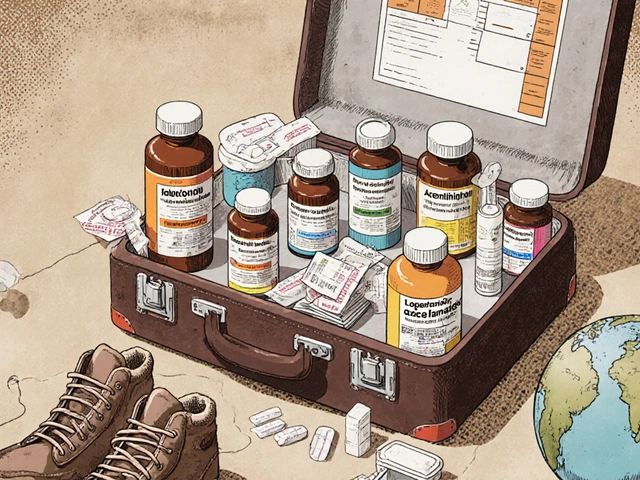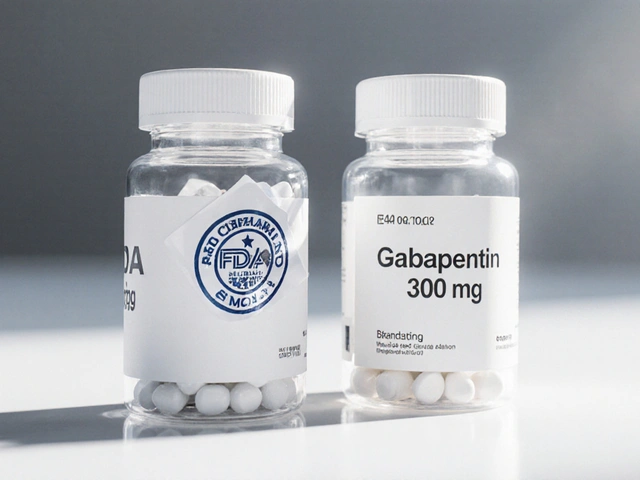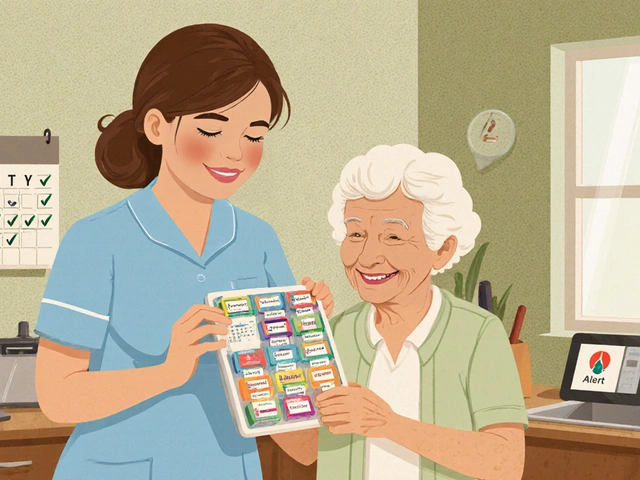Cholesterol treatment: what actually helps lower LDL and protect your heart
High LDL ("bad" cholesterol) raises your risk of heart attack and stroke. The good news: you can lower it with proven steps. This page focuses on what works, how medications compare, and simple safety tips if you research drugs or online pharmacies.
Medicines that lower cholesterol — what to expect
Statins are the go-to first option. They cut LDL a lot and lower heart risk. Different statins vary in strength — atorvastatin and rosuvastatin are stronger than simvastatin. Vytorin (ezetimibe plus simvastatin) adds ezetimibe to block cholesterol absorption, so it helps people who don’t reach targets on a statin alone.
If statins aren’t enough or you can’t tolerate them, there are other choices: ezetimibe alone, bile acid sequestrants (older but still useful), bempedoic acid, and injectable PCSK9 inhibitors. PCSK9 drugs lower LDL dramatically and are used for very high-risk patients or familial hypercholesterolemia. Newer options like inclisiran work by a similar principle but with less frequent dosing.
Side effects? Muscle aches and mild liver enzyme changes are the common concerns. Most people tolerate statins well. If you get consistent muscle pain or fatigue after starting a drug, tell your doctor — often a dose change or switching to another statin solves it.
Practical steps: tests, diet and monitoring
Start by getting a baseline fasting lipid panel and basic liver tests. After starting or changing meds, recheck lipids in 6–12 weeks to see how much LDL dropped. Your doctor will set a target based on your heart risk.
Diet matters. Aim for more fiber (oats, beans), plant sterols, and fewer processed carbs. Losing 5–10% of body weight and doing 150 minutes of moderate exercise per week both help LDL and overall heart risk. Fish or omega-3s can help triglycerides but won’t replace cholesterol drugs if you need them.
Ask your doctor clear questions: what’s my LDL goal, how much should the drug lower it, how will you monitor side effects, and what are my non-drug options?
Shopping for meds online? Be careful. Only buy from pharmacies that require a prescription, show a real business address, and have verified reviews. Extremely low prices or sites that skip prescriptions are red flags. For specific guidance on buying meds safely online, check reliable reviews and pharmacy accreditation pages before you order.
If you have existing heart disease, diabetes, or a family history of very high cholesterol, treatment is usually more aggressive. Talk openly with your clinician about risks and benefits — and bring any online info or price options you found so you can pick the safest, most effective plan for you.











